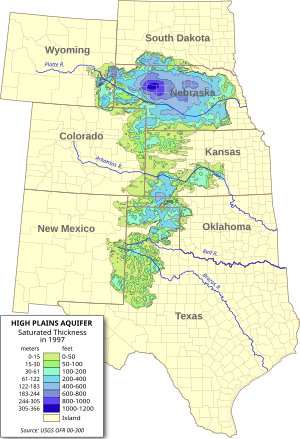 |
| via Wikipedia |
Raj Patel tweeted out the line:
Climate change got you hating humanity? You might be living in the Misanthropocene.
I cracked up. I frequently find myself living in the Misanthropocene--just ask my kids, neighbours, friends. It's something that goes along with my (some would say appallingly naive) love for humanity. Raj was pointing out a new short essay he's written for Earth Island Journal, where he talks about similarities between earthquakes and climate change. I can relate, living in an earthquake zone that is ripe for a 9+ any day now.
I love the way he defines an earthquake as a "ideal disaster" :
Let’s run with this for a moment. An “ideal disaster” has three characteristics. First, it needs to be small enough to do something about. So the sun exploding is not an ideal disaster. It’s paralytic, too big to do anything about.Climate change isn't perfect. It's really really big. It's already here. And it's really hard to get a good narrative going about it. That's why I don't actually talk that much about climate change. Instead, I talk about food security. Even without climate change, it's a big challenge. But it is one that I can tell a story about, a story that fits into my personal narrative about my life. From growing up linked to a small old-school mixed farm that I loved, to my dad buying a farm when I was about 14 (where we lived in pretty primitive conditions for years: outhouse, hauling water from the city, no running water), to my family returning to the family farm while my kids were growing up, this is the story of my life. I grew up in a caker household, so I taught myself to cook.
Second, an ideal disaster is one that is sufficiently far in the future to be able to mitigate. When I was growing up in England we had something called the Three Minute Warning – the time between the detection of Soviet nuclear missiles and the moment when London would be incinerated. This, too, was not ideal.
Beyond being sufficiently clear and insufficiently present, the final and unspoken quality of the ideal disaster is that it be narratable as a disaster. Before we can set about mitigating the worst, we need to be able to tell stories about what “it” is.
 |
| via Harper Collins |
I read Heidi and thought of all those wonderful cheese and bread meals she and her grandfather ate. I grew up heavily influenced by hippies, back-to-the-landers, and radical politics. My life narrative seems to be all about food.
So it makes it easy for meto cast my life narrative in food security terms. Climate change, not so much. The earliest I ran into climate change was ~1974 (I think in a book about environmental issues put out by Playboy Press)--and I didn't get it. The essay about how much topsoil was disappearing from Iowan farms was the one I read. Or the over-use of water from the Ogallala Aquifer by farmers growing lettuce in the desert.
 | |
| Saturated thickness of the Ogallala Aquifer in 1997 after several decades of intensive withdrawals: The breadth and depth of the aquifer generally decrease from north to south. via Wikipedia |
I can't change the climate--that requires massive changes in public policy that I probably won't be able to influence (but make me dictator for a day, baby, and look out!), but I can continue to influence how people think about food and how it gets to them. Food is an "ideal disaster" for me.
No comments:
Post a Comment